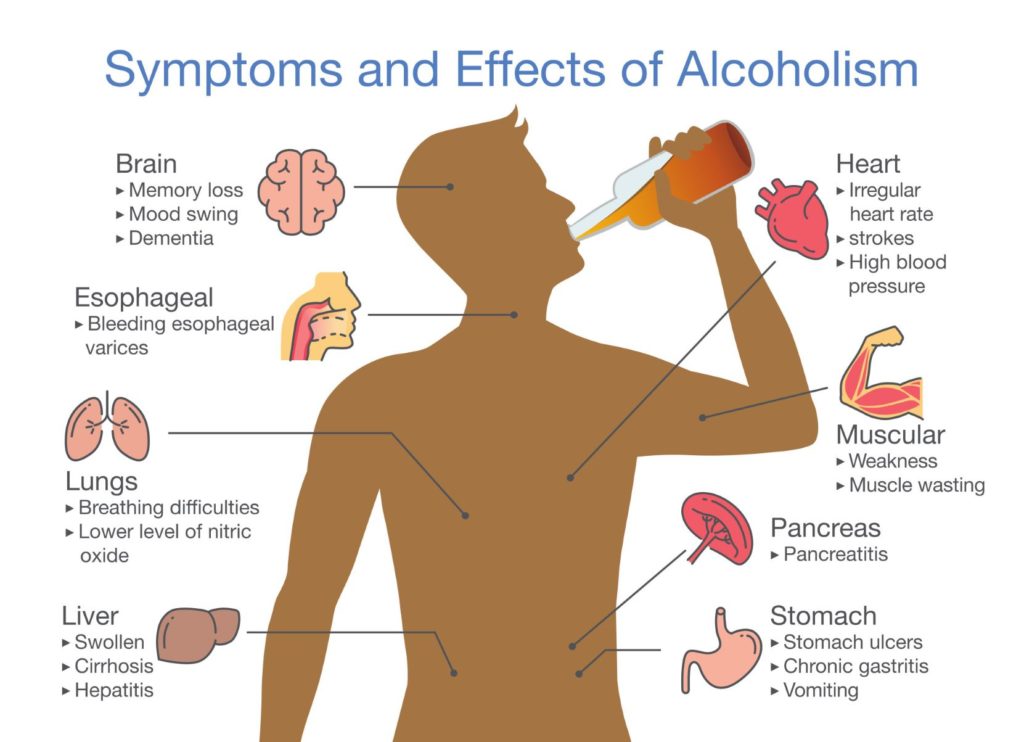Can a doctor tell if you drink alcohol?
Yes, Excessive drinking both in the form of heavy drinking or binge drinking, increase the risk of numerous health problems, including:
● Chronic diseases such as liver cirrhosis (damage to liver cells); pancreatitis (inflammation of the pancreas); various cancers, including liver, mouth, throat, larynx (the voice box), and esophagus; high blood pressure; and psychological disorders.
● Unintentional injuries, such as motor-vehicle traffic crashes, falls, drowning, burns, and firearm injuries.
● Violence, such as child maltreatment, homicide, and suicide.
● Harm to a developing fetus if a woman drinks while pregnant, such as fetal alcohol spectrum disorders.
● Sudden infant death syndrome (SIDS).
● Alcohol use disorders.
